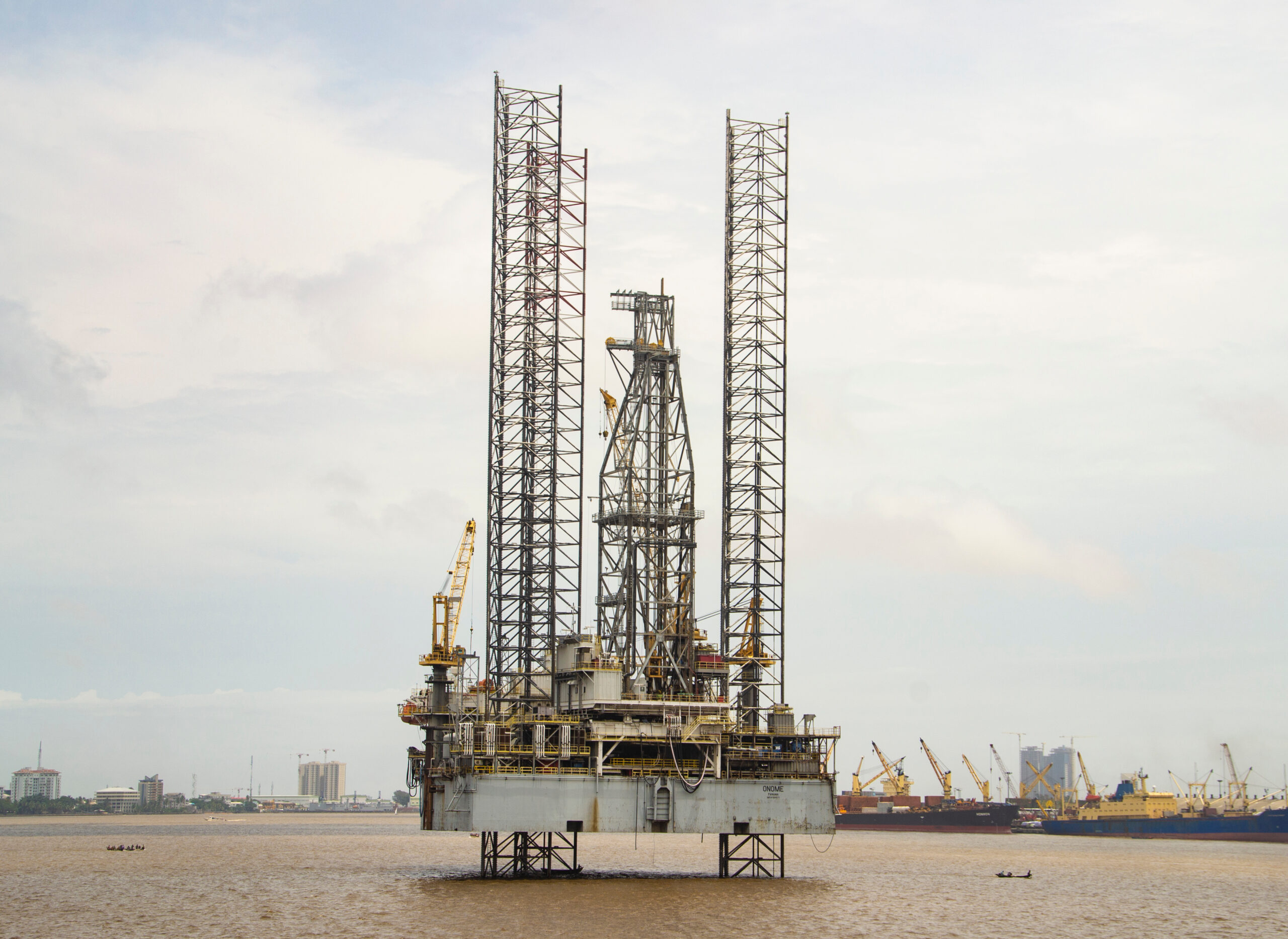Shell Nigeria divestment raises environmental, legal concerns
Shell has sold its Nigerian subsidiary to a local consortium for $2.4 billion, exiting onshore, prompting experts to raise environmental and legal concerns.

British oil major Shell said in mid-January that it had reached an agreement to sell its Nigerian onshore subsidiary, Shell Petroleum Development Company of Nigeria Limited (SPDC), to Renaissance, a consortium of five mostly local companies for up to $2.4 billion.
The consortium comprises four exploration and production companies based in Nigeria and an international energy group.
According to a statement released by Shell, the completion of the transaction is subject to approvals by the Federal Government of Nigeria and other conditions. Senator Heineken Lokpobiri, the Minister of State Petroleum Resources, disclosed that the Federal Government will consent to and approve the agreement reached between Shell and the consortium when it receives all the necessary documents.
Following the completion of the transaction, Shell will exit Nigeria’s onshore oil sector. Nonetheless the oil major will retain a role in supporting the management of SPDC Joint Venture facilities that supply a major portion of the feed gas to Nigeria Liquified Natural Gas (NLNG), to help Nigeria achieve maximum value from NLNG.
Zoë Yujnovich, Shell’s Integrated Gas and Upstream Director, said: “This agreement marks an important milestone for Shell in Nigeria, aligning with our previously announced intent to exit onshore oil production in the Niger Delta, simplifying our portfolio and focusing future disciplined investment in Nigeria on our Deepwater and Integrated Gas positions.”
Reasons for Shell Nigeria sale
Sowunmi Olabode, a member of the Group of Experts on Gas at the United Nations Economic Commission for Europe (UNECE) told Gas Outlook that Shell has not been operating its own onshore assets for well over ten years. He said, “despite the fact that they’re not operating it, they refused to sell it, and there has been pressure on them to sell.”
The consultant to the Nigerian Legislative House Committee on Power & Senate Committee on Gas said the onshore assets have been a source of major problem to Shell. He said, “First of all, they were ordered by the court to pay over a hundred million dollars by locals that sue them. These are the various issues they have when it comes to them addressing the local people and all that.
“So, in terms of business itself, it’s not really profitable. It has nothing to do with investors pressure nor does it have anything to do with public pressure. It’s just a business decision, and it’s a business decision more on if they’re not going to operate it, they should sell it.”
Wumi Iledare, Professor Emeritus of Petroleum Economics at Louisiana State University told Gas Outlook what Shell did by divesting from less profitable assets and reorganizing its portfolios for business longevity in Nigeria is its prerogative, which follows global best practice.
“It is purely a business decision, and a good one for that matter for Nigeria. It is also very pragmatic to have facilitated the selection of Renaissance Consortium to bid for these assets and the willingness of Shell to fund the purchase of the assets is to ensure government access to revenue is not compromised, in the immediate future, at the least.”
Ethics of abandoning environmental damage
Shell struggled for years with hundreds of onshore oil spills as a result of theft, sabotage and operational issues, which led to costly repairs and high-profile lawsuits. The National Oil Spill Detection Agency (NOSDRA) reports that Shell has been involved in over 2,200 oil spills in the past ten years. A prior order by a Nigerian court had prohibited asset sales until the resolution of a significant oil spill lawsuit.
Stakeholder Democracy Network (SDN) in a report noted it is concerned that Shell will leave before impacted communities get justice for the damage done to the environment, their livelihoods, and human health. “Shell is just one of many international oil companies currently divesting from the Niger Delta – with Chevron, ExxonMobil, Total, and Eni all considering further asset sales.”
Florence IbokAbasi, Country Director of SDN, said that the sale of Shell’s Nigerian subsidiary raises critical questions about the divestment process in Nigeria, where companies can leave without addressing the damage to the environment from which they have reaped enormous profit. “We therefore call upon the government not to proceed with the sale of SPDC until the proposed National Principles for Responsible Oil Industry Divestment are fully adopted and these issues resolved.”
However, Sowunmi said it’s not possible for the responsibilities of environmental damage to be abandoned. He noted that when people buy a company, they buy both liabilities and assets. “That way, if they had court cases on the issue, the new owners of the company are going to inherit the court cases. They call it risks associated with acquisition.”
Legal implications
Sonia Ebiki, Head of the Legal Department at MG Vowgas Group, a Nigerian oil and gas services firm, told Gas Outlook that the proposed sale also raises several potential legal implications and challenges, particularly in the context of the Nigerian energy sector. She said that legal due diligence, community engagement, and proactive measures to address potential challenges are essential for a successful and legally sound completion of the deal.
Ebiki said for the sake of community and stakeholder interests, there is a need to address concerns from local communities and stakeholders in the Niger Delta, where environmental and social issues have been a longstanding concern associated with oil operations. “Community consent and engagement are crucial to the approval process.”
“Assessing and managing any existing environmental liabilities or pollution issues associated with SPDC’s operations in the Niger Delta. Shell may be required to address and remediate environmental damage as part of the deal. Addressing potential human rights issues and social impacts associated with the operations, particularly in regions with a history of community grievances against oil companies.”
Based on contractual obligations, she added that there is a need to examine existing contracts and agreements to ensure a smooth transition of ownership without violating any contractual obligations. “Any disputes arising from contract terms could impact the deal.”
Union vow to resist sale
The Petroleum and Natural Gas Senior Staff Association of Nigeria vowed to resist the asset sale if certain conditions were not met.
The union said, “Any attempt to transfer the assets without resolving issues affecting our members will be met with the stiffest resistance the industry has ever witnessed.The group (Renaissance) must come clean with its intention(s) and be ready to have serious engagement with the association and not the jamboree that Shell management is currently engaging in.”
“The group is unknown to us and thus it’s an assemblage of unknown entities with no proven track record in managing such diverse assets. We reject without equivocation all the terms affecting employees that were communicated in the presentation to our members,” the union added.



